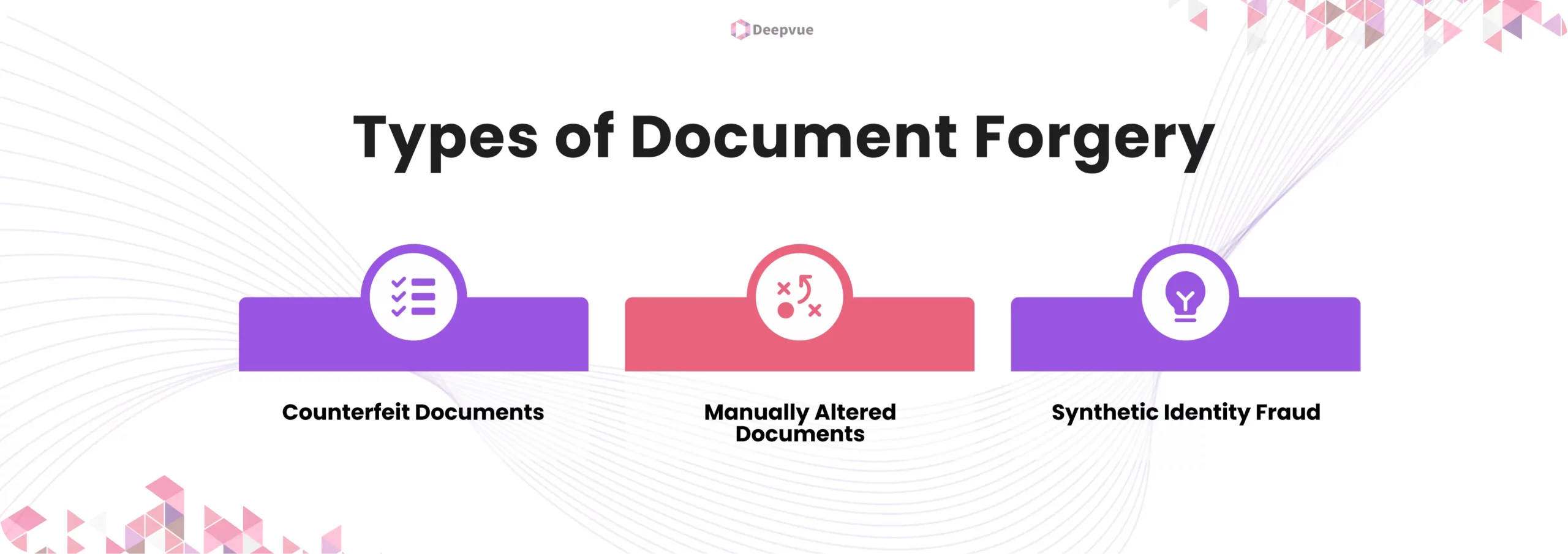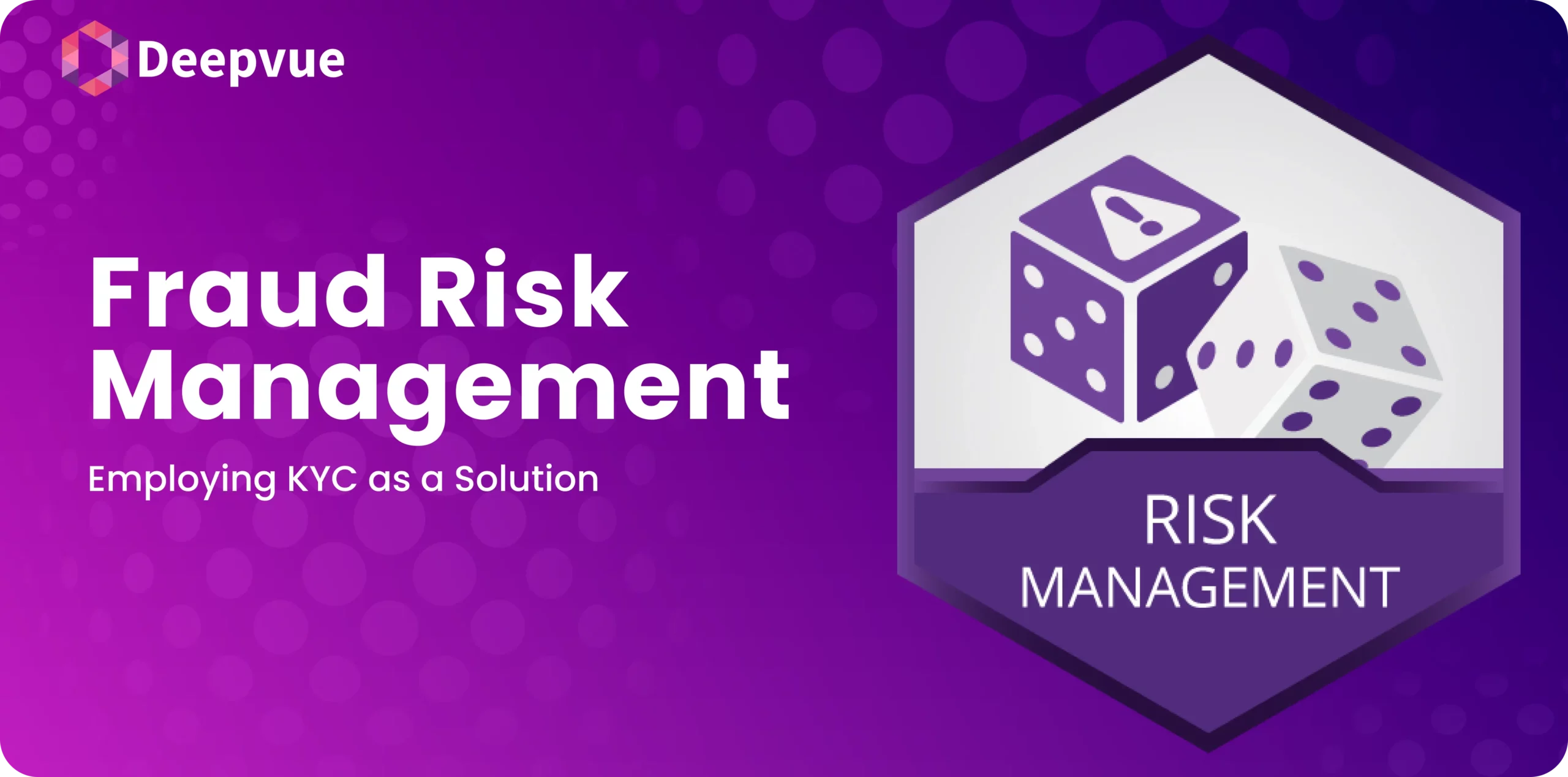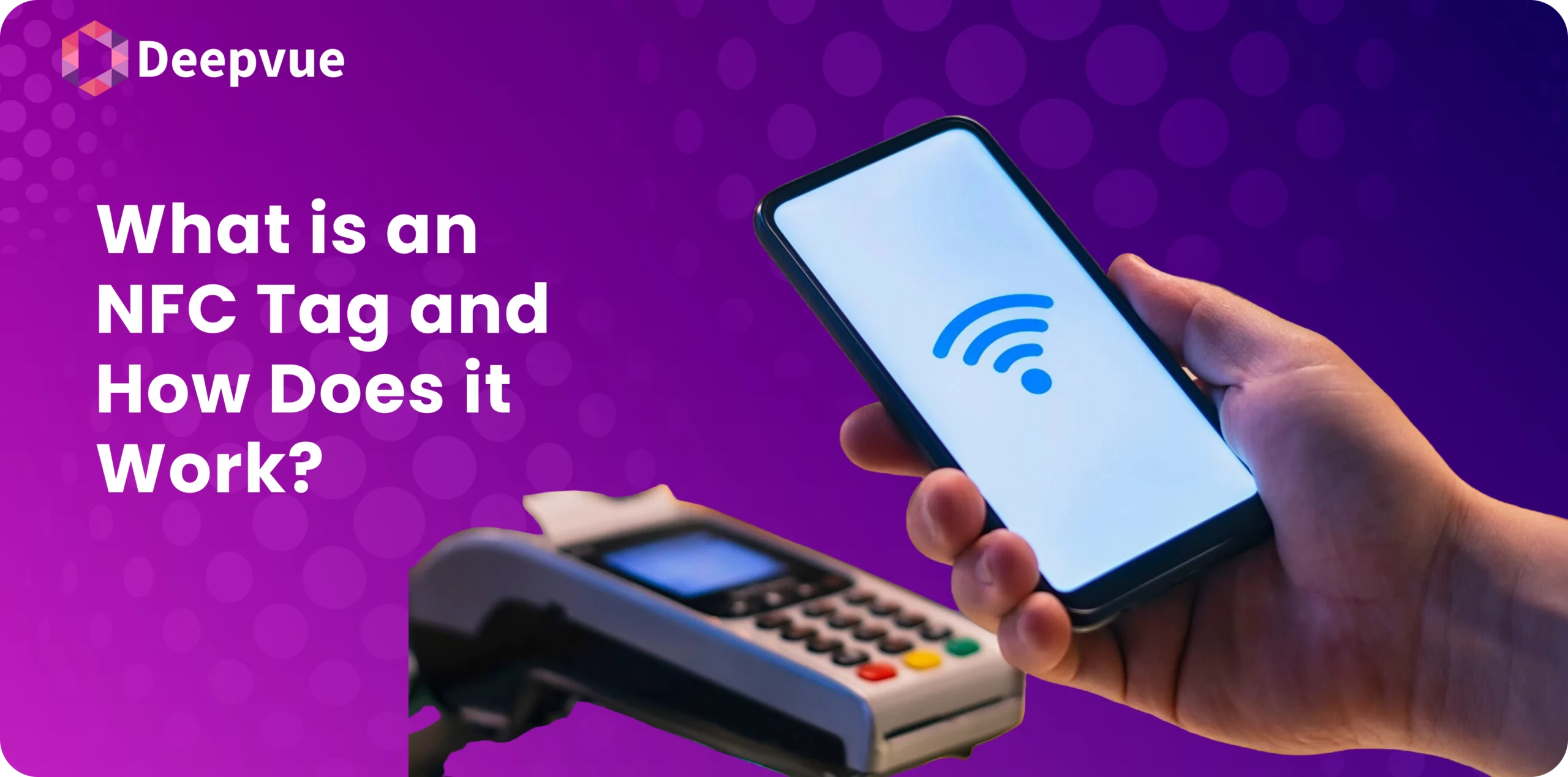Document forgery has become a major concern for businesses that rely heavily on digital transactions and remote verification. Various sectors such as fintech, banking, educational institutions, etc. are affected by this threat. Fighting document forgery is also crucial because it can damage the reputation of business entities or cause substantial material losses to both customers and businesses.
In this blog, we will tell you how to combat document forgery in the year 2024. We will also cover what document forgery is all about, its types, sectors most affected and practical solutions for safeguarding your business.
What is Document Forgery?
Document forgery refers to the illegal creating or changing the information in the documents to fraud. This involves altering legal documents, creating fake ones, or using stolen documents. Document forgery is majorly impacting the sectors where accurate identification and verification are important.
Types of Document Forgery
- Counterfeit Documents: This kind of forgery involves making illegal official documents like false passports or ID cards. These documents pose great threats on the security and verification processes.
- Manually Altered Documents: Altering authentic documents by changing details like names, pictures or other forms of sensitive information. This type of counterfeiting is often used as a means to trick visual recognition systems.
- Synthetic Identity Fraud: This involves making new identities by combining both genuine and false information. For example, fraudsters may replicate codes from original documents thereby making it hard for one to detect the theft

Common Uses of Forged Documents
Forged documents are used in various illegal activities, including:
- Illegal Entry and Immigration: Fake passports and visas are used to enter countries illegally.
- Employment and Banking: Fraudsters use forged documents to take jobs or access banking services.
- Access to Services: Fake work visas and other documents facilitate illegal stays and employment, particularly in regions with high demand for specific types of workers.
- Vehicle Hire and Site Access: Forged documents can be used to hire vehicles or access restricted sites for criminal purposes.
Industries Most Affected by Document Forgery
Document forgery impacts several key sectors, each with unique challenges and vulnerabilities:
1. Financial Sector (Banking, Fintech, and Insurance)
Considering the scale of document forgery going on, the financial sector is a leading target for this crime. The fraudsters use counterfeit documents to gain access to bank accounts, apply for credit facilities or claims from insurance companies. Despite having mandatory identity verifications in place, the security measures vary and can be less stringent as compared to other industries.
2. Healthcare and Education
These sectors are at risk due to low awareness and lack of strict regulations. False documents are used for accessing services/benefits or gaining undue advantages while applying for jobs.
3. Border Control and Customs
Illegal documents are used by individuals who want to cross borders without any restrictions. For border control officers, there are ongoing problems due to different types of papers and advanced techniques used by criminals.
Why Fraudsters Create Forged Documents
Fraudsters typically alter/change documents for money. They usually take specific documents such as passports, ID cards, and work permits to defraud.
With these altered documents, they can access bank accounts, apply for loans, claim insurance benefits, and more. Motives behind forgery have been found useful when coming up with effective countermeasures.
Penalties for Document Forgery
Document forging penalties range across different countries. In India, falsifying documents could lead to serious consequences such as imprisonment or heavy fines. Because of these laws & regulations, document forgery has become a severe crime.
Strategies to Combat Document Forgery
1. Implement Intelligent Document Verification
Advanced AI-powered software can check the authenticity of the documents. Here’s how it works:
- Advanced Technology: AI examines features such as watermarks and holograms which are hard to reproduce.
- Real-Time Analysis: Immediately detects inconsistencies or changes.
- Database Cross-Verification: Compares details of the document with information found in official records.
- Machine Learning: It enables the software to improve its ability to detect fakes by learning from data.
- Global Document Coverage: Used by international companies as it can check various documents across different countries.
2. Use Selfie Verification and Database Checks
Selfie verification and database checks are effective against document forgery. Here’s how:
- Biometric Verification: Technology behind face identification compares a live selfie with a photo on ID, ensuring the person is what was captured in the photo.
- Database Cross-Referencing: Checks document details against external databases to verify validity and detect previous fraud records.
- Real-Time Validation: Crucial for scenarios requiring immediate verification, such as customer onboarding.
3. Incorporate Liveness Checks
Liveness checks are important for document verification. This ensures that the person being verified physically exists rather than relying on photos or videos, thereby making it impossible for people to impersonate others using photos/videos. This has become very important given the rise in deepfake and video replay attacks targeting documents of identity authenticity.
Conclusion
Document forgery remains a significant risk for businesses as it affects their financial assets and their reputation. Thus, implementing advanced verification methods becomes of utmost importance when dealing with this threat.
Companies can significantly reduce the risks associated with document forgery by employing intelligent document verification, selfie verification, database checks, and liveness checks.
Deepvue.tech offers innovative solutions specifically designed for the Indian market and beyond. We use advanced AI technology for instant analysis and validation of documents in our verification services.
Our systems check even the most sophisticated fakes ensuring that your business is guarded against any possible threats. Our platform at Deepvue.tech provides robust protection from fraudulent documents through real-time analysis, cross-referencing with official databases and ever learning machine capabilities.
For more information on how Deepvue.tech can help your business combat document forgery, contact us today.
FAQs
What is document forgery?
Forging documents involves changing genuine papers illegally in order to deceive other people such as tampering with actual documents or making counterfeits or using stolen fake ones.
How can businesses protect themselves from document forgery?
To defend themselves against document forgery, businesses can employ AI-powered document verification systems, selfie-verification checkups, database checks and liveness checks that are more advanced than before. Using such tools, they can authenticate documents in real time and spot discrepancies instantly.
Why is document verification important?
Document verification is important as it guarantees that the information on a document used for transactions is genuine. It helps to avoid scamming, saves businesses from losses caused by fraudsters and also supports processes which rely on correct identification.
What are the penalties for document forgery?
There are different penalties for document forgery in different countries, but generally, it includes huge fines and imprisonment.
How does AI technology help in document verification?
AI improves document verification by checking watermarks, holograms, etc. It provides real-time analysis, cross-verifies details with official data, and increases its accuracy through learning over time.








